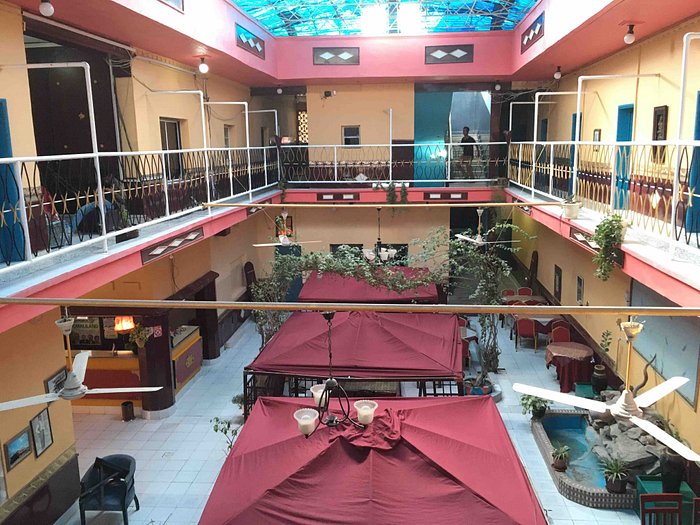Somalia
WELCOME TO Somalia
Country Overview
Mogadishu
637,657 km2
16 million
Somali
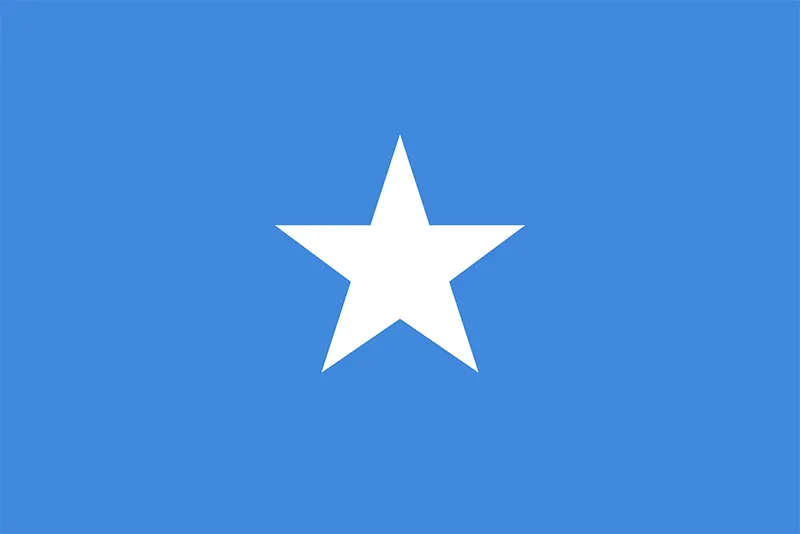
Popular
Geography and Tourist Attractions
Information about the country's tourist attractions, including popular destinations, events, and activities.
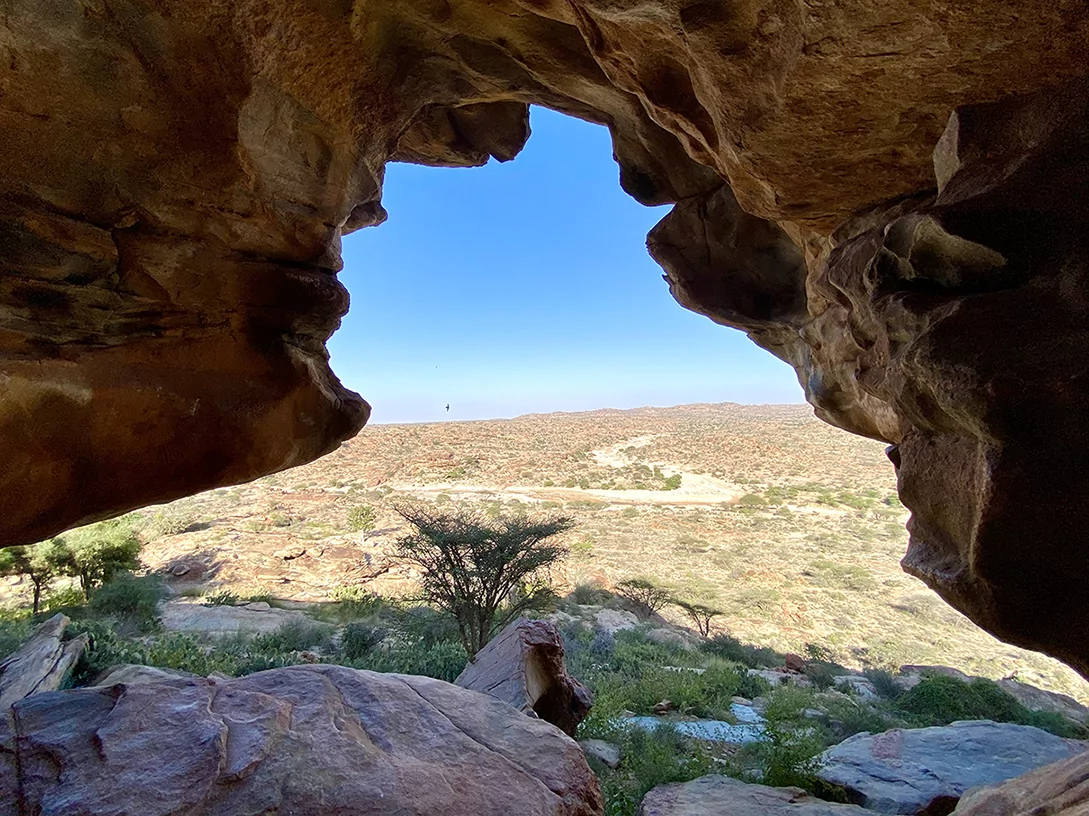
Laas Geel
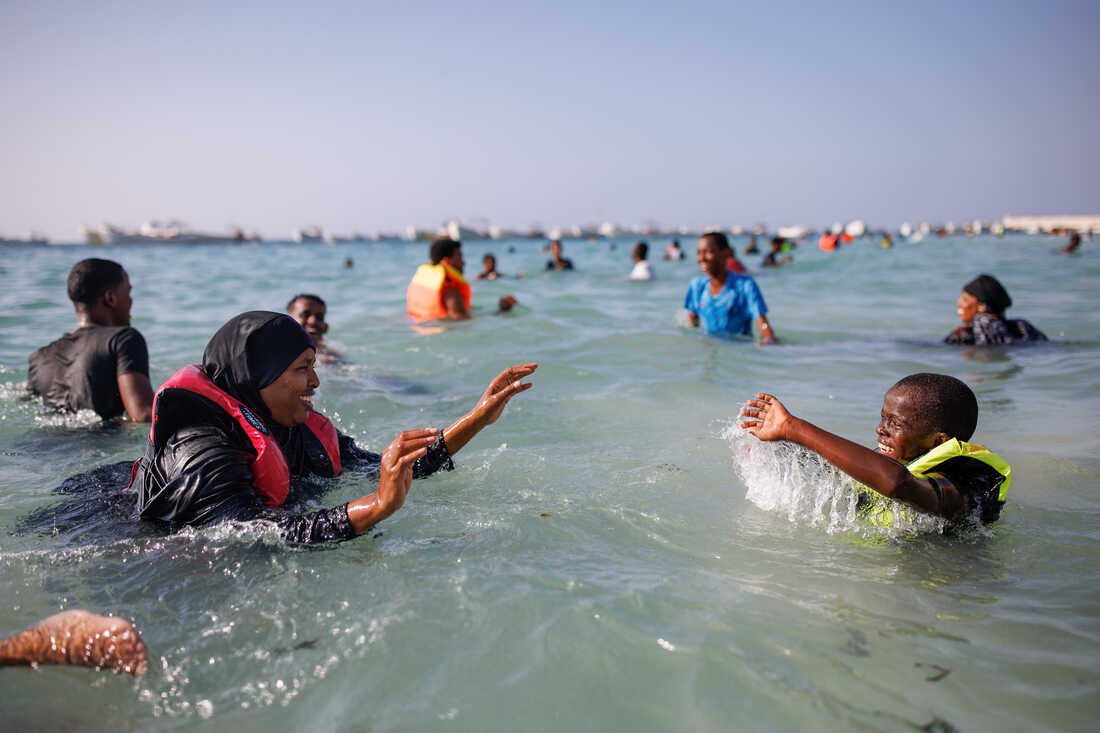
Mogadishu
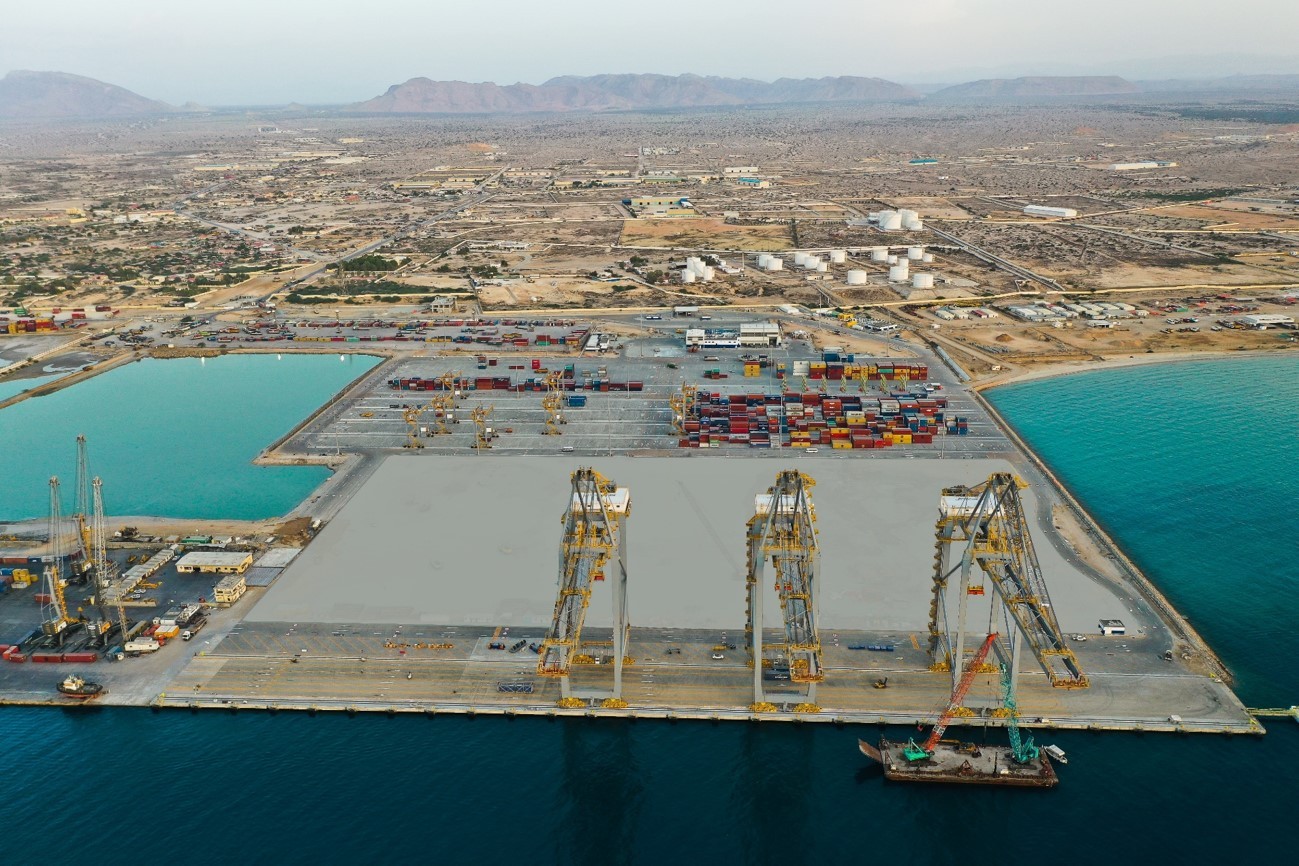
Berbera
Political
Economy and Government
Somalia's economy and government have faced significant challenges in recent decades, including ongoing political instability, conflicts, and limited infrastructure. The country has a predominantly informal economy, with agriculture, livestock, and remittances from the Somali diaspora playing crucial roles.
The government's authority has been fragmented, with different regions and entities exercising varying degrees of control. Efforts have been made to establish a more stable political framework through the formation of federal institutions, such as the Federal Government of Somalia. However, the process of state-building and national reconciliation remains a complex task.
The country has abundant natural resources, including untapped reserves of oil, gas, and minerals. However, the exploitation of these resources has been hindered by security concerns and regulatory challenges. International assistance and investment have been essential in supporting economic development initiatives.
Somalia has made progress in the telecommunications sector, with mobile services playing a crucial role in driving financial inclusion and communication. The remittance industry also plays a significant role in Somalia's economy, serving as a lifeline for many households.
Challenges such as high poverty rates, unemployment, inadequate infrastructure, and limited access to education and healthcare continue to hamper the country's economic growth. However, there is growing optimism for Somalia's future, with efforts underway to attract foreign investment, improve governance, and develop key sectors such as agriculture, fisheries, and energy.

History
History and Culture
Somalia has a rich history and vibrant culture that spans centuries. The region has been a crossroads of ancient civilizations, including the Egyptians, Persians, Arabs, and various African empires. The Somali people have a proud heritage deeply rooted in nomadic traditions, seafaring, and trade.
The history of Somalia is marked by the rise and fall of various city-states, such as Zeila, Mogadishu, and Merca, which were significant centers of commerce and Islamic scholarship along the East African coast. The region also witnessed the influence of Somali sultanates, including the Ajuran Empire and the Adal Sultanate, which played significant roles in regional politics and trade.
Somali culture is characterized by a strong sense of communal identity and kinship ties. The Somali language, with its unique script, is widely spoken, and oral traditions and poetry hold a central place in the cultural fabric. Traditional nomadic lifestyles, with their distinct camel-herding practices and colorful attire, have shaped Somali society.
Islamic customs and traditions have deeply influenced Somali culture, with Islam being the predominant religion. Mosques and Islamic education centers are integral to the community, fostering spiritual devotion and religious learning.
Traditional music, such as the popular Somali music genre called "Qaraami," and traditional dances like the "Dhaanto" and "Buraanbur," reflect the cultural heritage and celebrations of the Somali people.
Despite the challenges faced by the country, Somalia's history and culture continue to be a source of resilience, pride, and identity for its people. Efforts are underway to preserve and promote Somali heritage, including the restoration of historical sites and the revitalization of traditional arts and crafts.
HOTELS
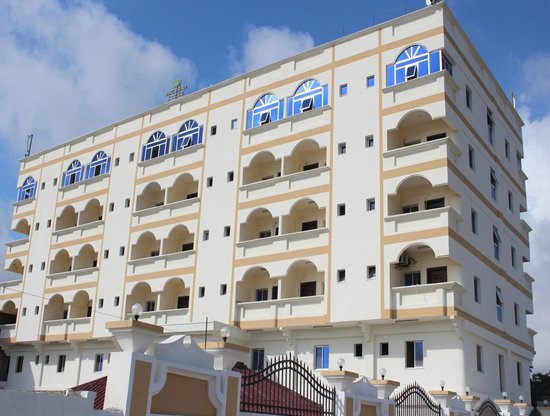
Jazeera Palace Hotel (Mogadishu)

Ambassador Hotel (Mogadishu)
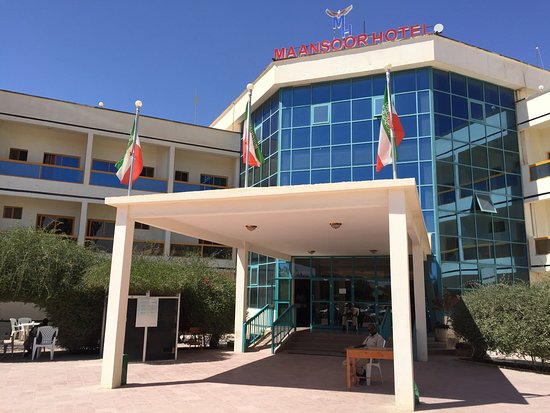
Maansoor Hotel (Hargeisa)
RESTAURANTS

The Village Restaurant (Mogadishu)
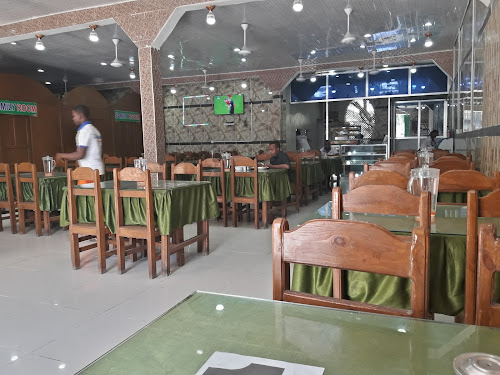
Zeytoun Restaurant (Mogadishu)
